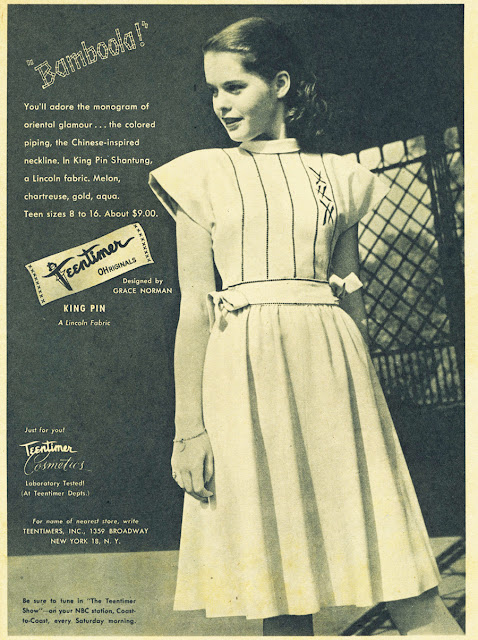Laurence Bergreen's book, the fullest and most ambitious biography of James Agee's life, gives a balanced, well-researched and unsparing look at the short life of the novelist, poet, journalist, critic and screenwriter.
It's largely a tale of wasted, sporadic talent, practiced by a man nearly hell-bent on self-destruction (and the destruction of those around him) through his addiction to alcohol, undisciplined work methods and perpetual affairs with women who weren't his wife (or wives). His talent, even so, was so pronounced that, even with a premature death, he made a name for himself as one of the best and first important film critics (writing for two magazines simultaneously); the author of a masterpiece of poetic, investigative journalism (Let Us Now Praise Famous Men), the author of a classic, near perfect novel (A Death in the Family) and the author (or partial author) of two major screenplays (The African Queen and The Night of the Hunter), the latter of which has, over time, become accepted as a masterpiece of gothic Americana.
Bergreen's book is now thirty-seven years old. I have disappointments with its lack of completeness and context in places. (What were the sharecroppers' reactions to the book Agee wrote about them? What became of Agee's several children? Who became the executor of his estate after his death? What became of Louise Saunders, who Agee wrote to for decades? Did his wives write memoirs of their own?, etc.) A better Agee biography, though, isn't likely to happen in 2023 or in the future. For better or worse, this effort, alongside Agee's published work will continue to be the record historians refer to.



















































